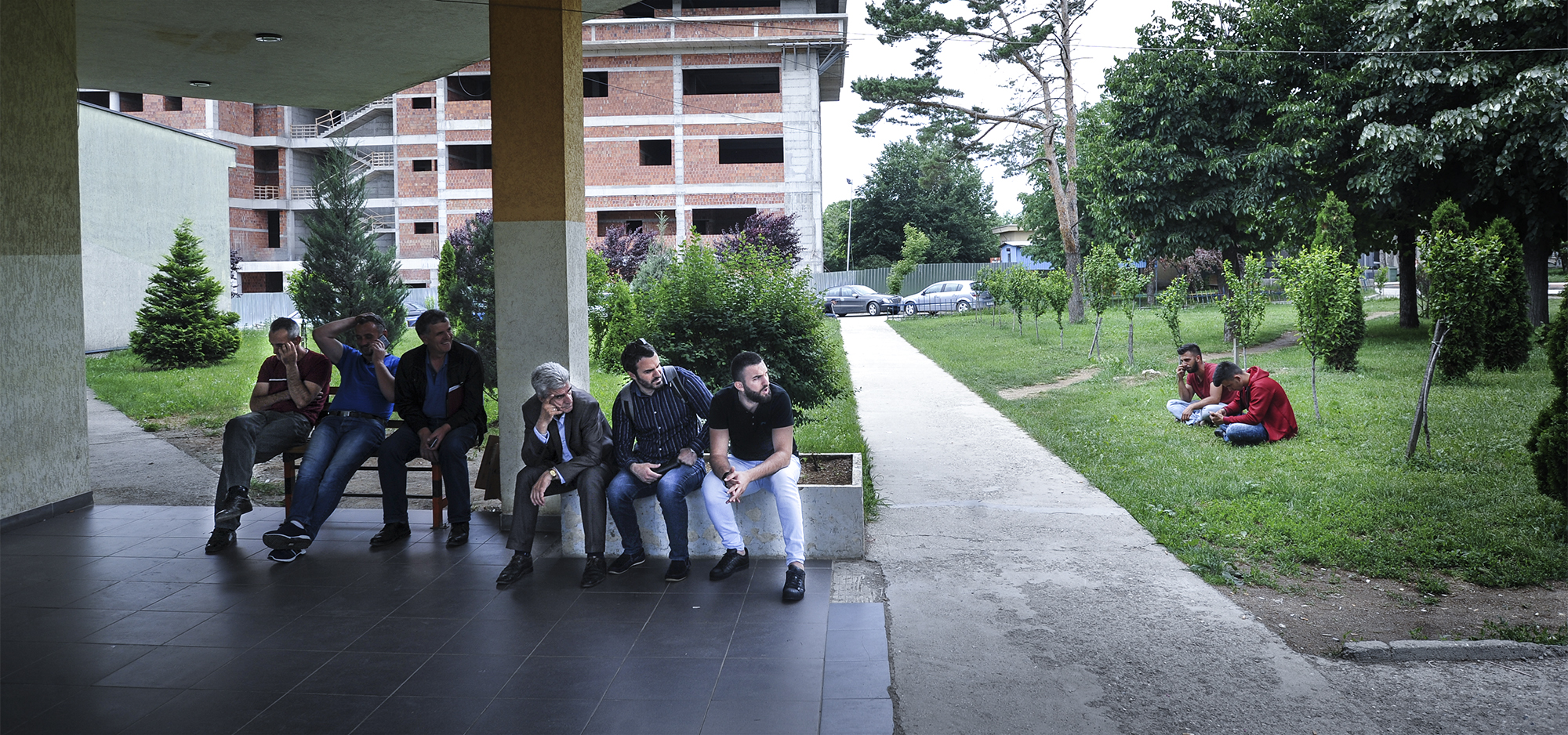
Patients paying price of public system’s poor health
Widespread deficiencies adding to suffering of those with serious illnesses.
“It would help if medication was free. Actually, it would help a lot.”
“We are also part of this society. You understand that you are putting a strain on their economic situation, and you have no way to help because there is a shortage of medication.”
Arben Bislimi, oncologistPublic funding private

Ngadhnjim Avdyli
Ngadhnjim Avdyli is a former K2.0 staff journalist, covering mainly politics, governance and social justice issues. He has a degree in journalism from the University of Prishtina.
This story was originally written in Albanian.